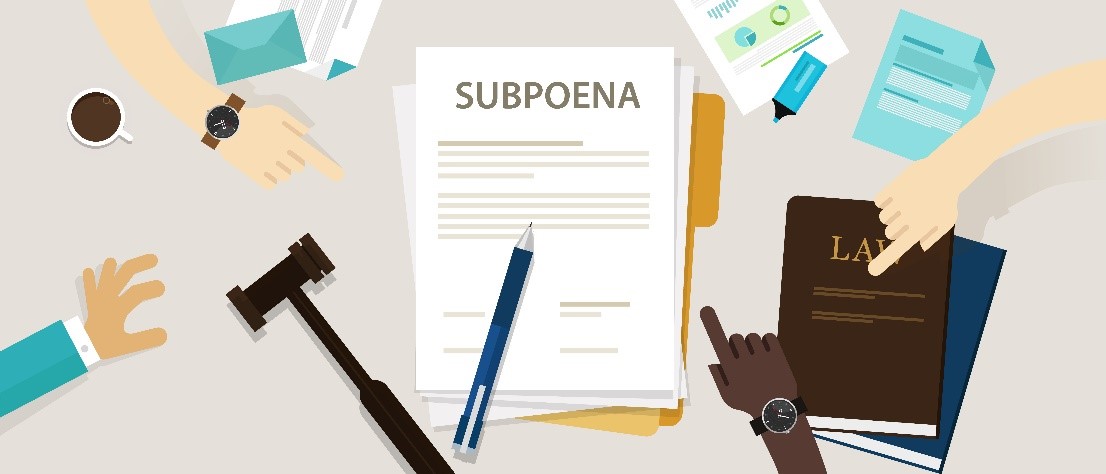
As a family lawyer, I have witnessed (far too many times) the negative impact that separation can have on children. Whether intentional or not, the actions of one or both parents can have a dramatic impact on a child’s well-being and development.
If you are going through a separation, or know someone that is, these 5 TIPS may help make the process a whole lot easier for everyone involved, especially the children.
TIP 1 – Respect the role you each play in your child’s life
Every parent should try their best to respect the other parent’s role in your child’s life.
No doubt it’s easier said than done and particularly when there is so much emotion or distrust involved, but try to remember that you do have a child together, who most likely loves you both unconditionally. Unless there are safety concerns (for example – domestic violence or substance abuse and not something minor like the other parent forgetting to pack the school uniform…!), the reality is that you are going to be in each other’s lives until your child is at least 18.
Just think…
– Do you really want to spend the rest of your life resenting the other parent?
– How do you think it’s going to make your child feel?
– Is feeling this way going to improve your life or subtract from it?
– Is it worth it?
I’m certainly not saying that you have to be each other’s best friend (but if that option works for you both, that is absolutely wonderful and I see it a lot), but simply acknowledging each other for the very important role you each play in your child’s life is essential to their well-being (and both of yours).
TIP 2 – Agree on a plan for your child
Having an agreed plan in place ensures that you both know what is expected of each other in terms of parenting roles and responsibilities.
The plan should include specifics for things like:
– What time the child will spend with each parent;
– What is to happen on special occasions such as birthdays and Christmas;
– Where changeover should occur;
– International travel and passports; and
– Decision making for major things like education, medical treatment and religion.
Using a plan will provide your child with the stability and routine they need to thrive.
TIP 3 – Your children are not adults, so don’t use them as mouth pieces or your spy
This seems like an obvious one but it’s something I see happen too often.
Exposing children to adult conflict and conversations can be so detrimental to their health and well-being. They are your children, not your pawns.
You should assure them that they do not have to take sides. Remember – they love both of you, so attacking or criticising the other parent will hurt them. It may also impact the relationship you have with your child, because no one likes hearing nasty things about the people they love.
TIP 4 – Don’t respond in the heat of the moment
Oh, how I have a love-hate relationship with the online world!
Too many times, I see parents get into heated discussions via text, email or Facebook Messenger and because responses these days are so instantaneous, the situation is only magnified.
One of the first things I say to my clients is that they should never respond in the heat of the moment. Take time to cool down and respond in a way that focuses on what is important – your child.
TIP 5 – Look after yourself
Last but certainly not least, is to look after yourself!
Separation is, in most cases, an extremely upsetting and difficult process. You need to allow yourself time to come to terms with your feelings and the changes ahead.
From my observations, everyone experiences the effects of separation differently. No one person is the same. So, what you need may be completely different to what your friends or family need. Because of this, you will hear a lot of opinions and receive a lot of mixed advice, but it’s time to be selfish and focus on you. Only you can know what’s truly right for you and your situation.
Being away from your children, particularly if they are very young, can be especially hard to adjust to. Just remember that you are not alone. Seeking support from family and friends who care about you can provide practical assistance as well as emotional support.
Most of all, seek professional support if needed. I always say that no one is armed with all the skills needed to go through a relationship breakdown on their own – even the most amicable of separations. You should never feel afraid or judged for looking for outside help – it is necessary and normal.
Would you like further information?
For further information about parenting, please contact us today or book an appointment online.
Disclaimer:
The information contained on this site is for general guidance only. No person should act or refrain from acting on the basis of such information. You should seek appropriate professional advice based on your particular circumstances.



